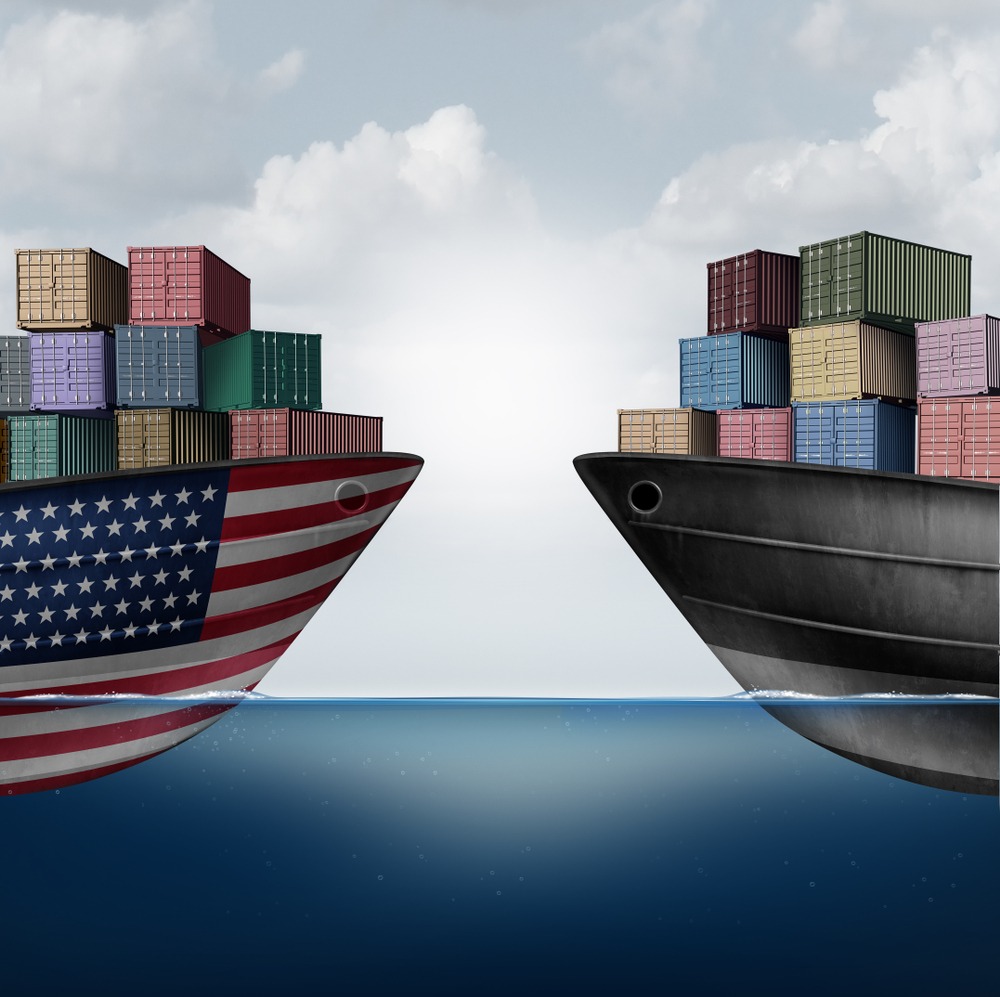Trump’s Car Tariffs: A Blow to the Global Auto Industry.
A day after former US President Donald Trump announced a new 25% import tax on foreign cars and car parts, the global automotive industry was left reeling. Automakers across Japan, Germany, and the UK saw billions wiped from their market value, with major firms like Toyota, BMW, and Jaguar Land Rover taking a hit. Even US-based companies suffered, with General Motors’ stock plummeting over 7% as investors braced for the economic fallout.

A Shockwave Through the Industry
The tariffs, which could impact $300 billion to $400 billion worth of imports, amount to nearly 10% of all goods entering the US each year. With many car manufacturers relying on a mix of US-based factories and foreign-made parts, the tax is expected to push up car prices by $4,000 to $12,000, depending on the model.
Even Tesla, which primarily manufactures in the US, will not escape unscathed. Tesla CEO Elon Musk warned, "Important to note that Tesla is NOT unscathed here. The cost impact is not trivial." This highlights the reality that no car is 100% US-made, with many key components sourced internationally.

Global Brands Caught in the Crossfire
The tariffs will significantly impact companies like Toyota, which operates ten plants in the US but still imports models like the Prius from Japan. General Motors and Volkswagen also depend heavily on parts from Korea and Mexico, despite assembling some vehicles domestically. Oxford Economics suggests that while some firms may redirect production to the US, this will likely result in higher prices and lower production levels in key trading partner countries.
RELATED: Musk's Tesla Criticizes Trump Tariffs Amid Trade Tensions.
Luxury car brands from Germany and the UK, including Jaguar Land Rover, Mercedes-Benz, and Audi, will face even greater challenges. With their premium vehicles already carrying hefty price tags, adding a 25% import duty could make some models unaffordable for American buyers. Ferrari responded quickly by announcing a 10% price hike to cover the new costs.

Job Losses and Industry Instability
Economists warn that these tariffs will cause widespread disruption beyond just car prices. Patrick Anderson, CEO of the Anderson Economic Group, cautioned that carmakers may be forced to pull certain models from the US market altogether, reducing consumer choice. Additionally, companies with limited manufacturing presence in the US, like Jaguar Land Rover and Porsche, could cut production in their home countries, leading to job losses abroad.
Mitsubishi, which imports all its US-sold cars, and Hyundai, which ships most of its vehicles from South Korea, will be among the hardest hit. Hyundai recently announced plans for a US factory, but until it becomes operational, the company faces significant financial strain.
For now, parts from Mexico and Canada are temporarily exempt from the new tax while customs systems adjust. However, this carve-out provides only short-term relief. General Motors is still staring down potential increased costs of $10.5 billion, while Ford's additional expenses could exceed $2 billion, according to JP Morgan. Across the industry, added costs are projected to exceed $80 billion.
Jennifer Safavian, president of Autos Drive America, acknowledged the gravity of the situation, stating, "They're trying to digest this. But again there's no question that these tariffs are going to have an impact on the US auto industry."

Conclusion: Trump's Trade War Hurts Americans
Trump’s tariffs are poised to wreak havoc on the auto industry, raising prices, reducing job security, and isolating the US from the global market. By forcing companies to either absorb massive costs or pass them on to consumers, the administration is effectively punishing American car buyers.
While Trump claims these measures will boost domestic manufacturing, they are more likely to discourage international investment and push foreign automakers away from the US. His policies do little to strengthen the economy—instead, they drive up costs, limit choices, and create unnecessary economic tension. In the end, the American people will pay the price for his reckless trade policies.










